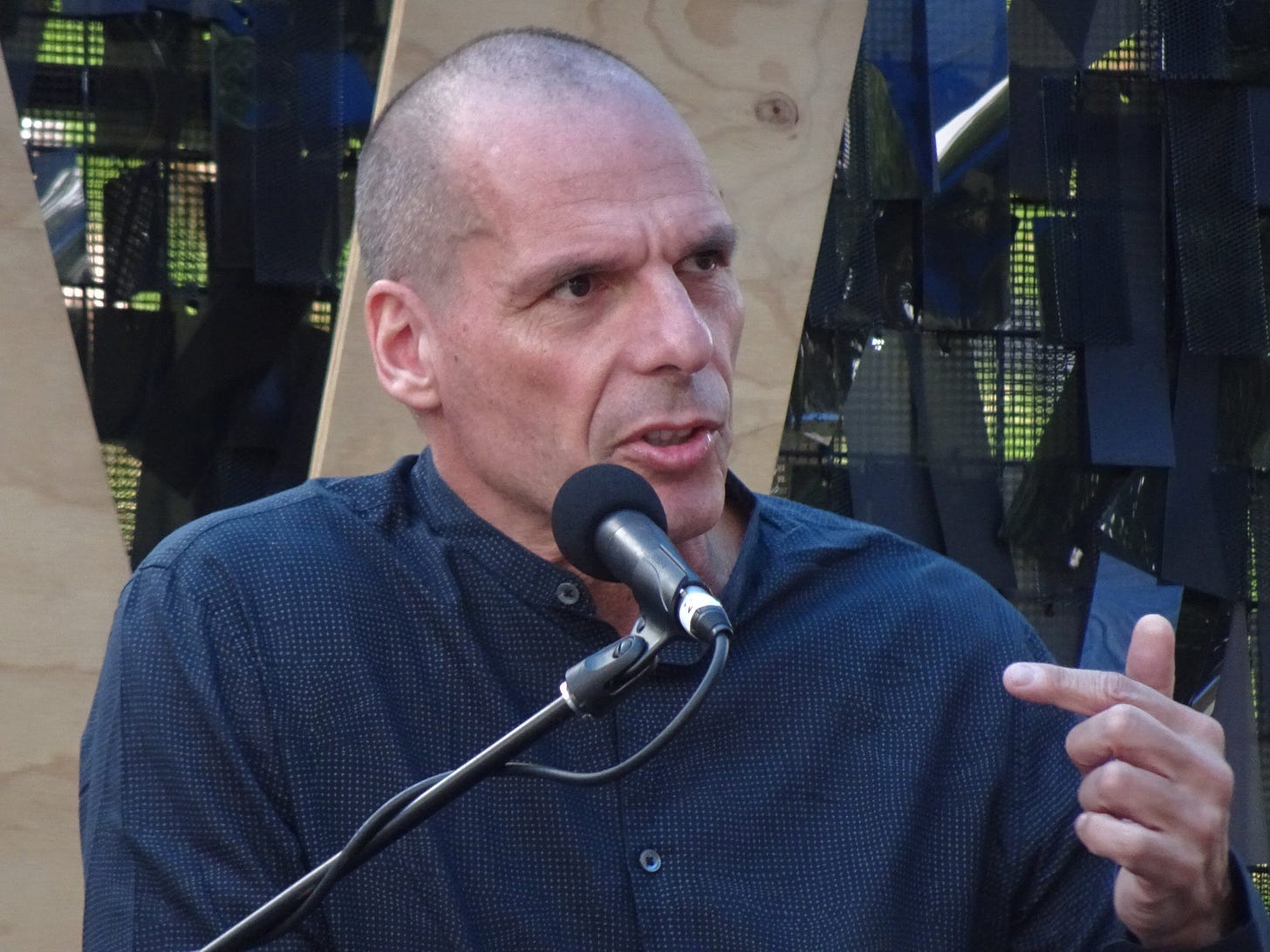Is this capitalism - or "technofeudalism"?
A belated discussion of Technofeudalism by Yanis Varoufakis.

The last refuge of capitalism is to declare that it is no longer capitalism. Fine, one says, the Marxists had some point; he was an insightful and penetrating critic in his day. But capitalism has changed since then. It has democratized through the stock market, so now we are all the bourgeoisie. It has a new class of managers and white collar workers who occupy a privileged place of power and benefit in our society, so we can no longer talk about capitalism as Marx did as a struggle between two camps. Internationally, the laws of supply and demand have become subordinated to a law of “unequal exchange” which means that class is now defined by residence in the first world or the third. Marx had some points, but that was in the past; today, we face something quite different than what he called capitalism.
These arguments are often compelling, especially for people who think that economic history moves in decades rather than millennia; but ultimately, the reports of Marxism’s death have been highly exaggerated. For all of its evolution and surface-level change, capitalism remains a system of exploitation and inequality that emerges from a universal right to private property. This essential structure of the capitalist system would have to change for it to escape all of the conclusions that Marx draws about it, but it hasn’t. Both capitalism and its Marxist critiques are alive and well.
This is what I had in mind as I began Technofeudalism by Yanis Varoufakis. But Varoufakis, too, is aware of this ruse; any in one of many such passages in the book, he reflects on how his communist father might have responded to the author’s bold claim that the age of capitalism has indeed ended.
Keep reading with a 7-day free trial
Subscribe to Carl Beijer to keep reading this post and get 7 days of free access to the full post archives.




